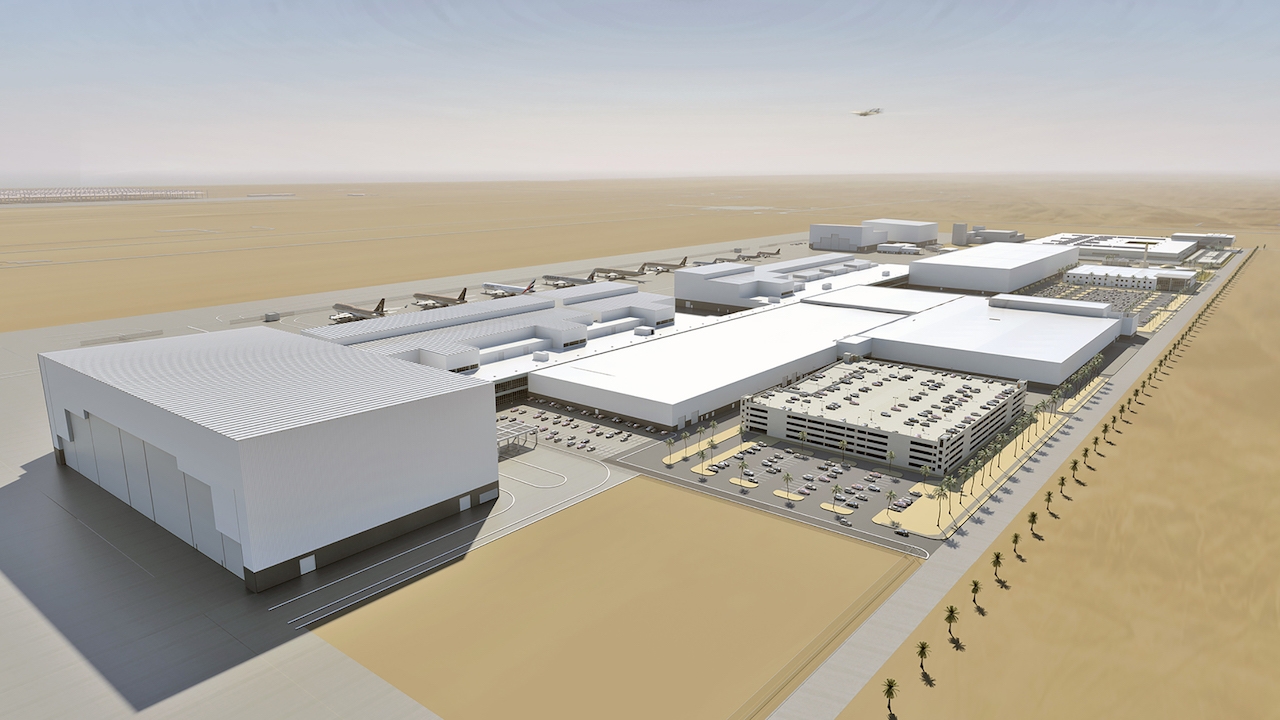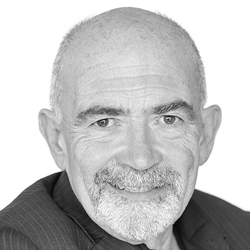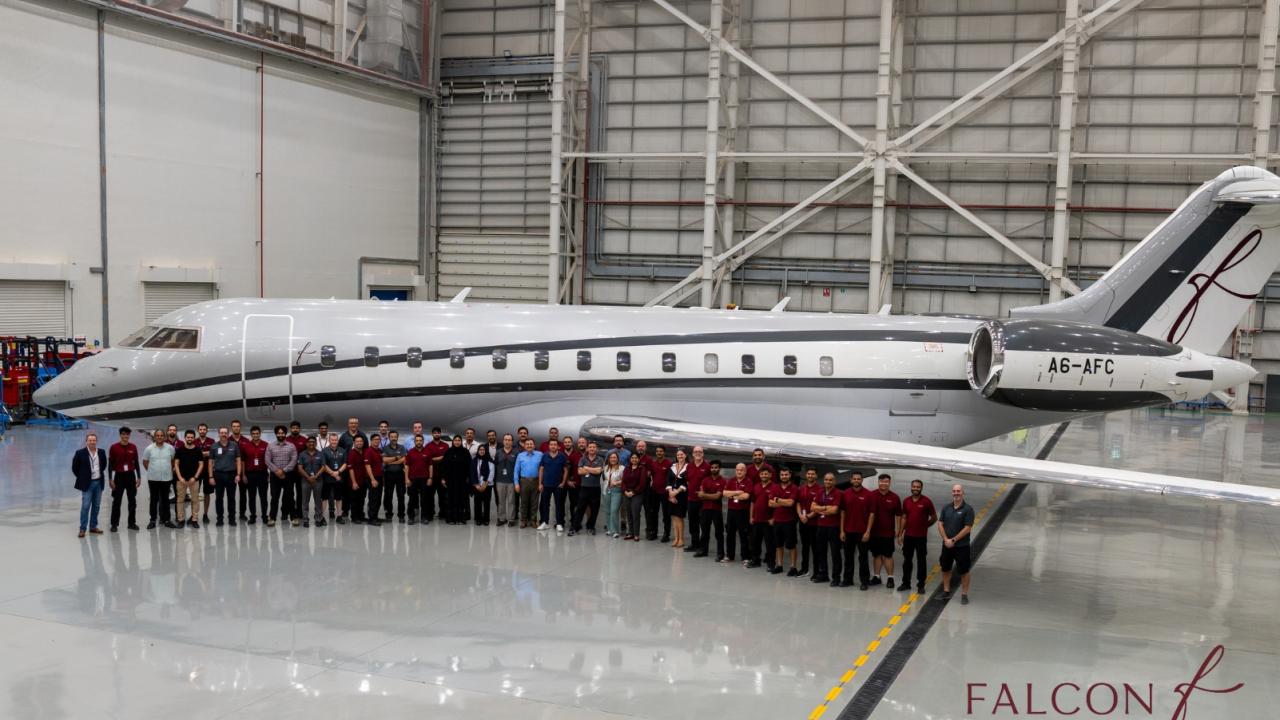Village overhaul
Saudia Aerospace Engineering Industries (SAEI) – the maintenance repair and overhaul (MRO) business arm of Saudi Arabian Airlines – is embarking on a massive growth plan to meet the expansion demands of its parent and that of its government, which has opened its borders to encourage tourism and business activities.

Huge: How the new ‘village’ will look when completed next year. Image: SAEI.
Emerging from the desert sands on a far corner of the expanding King Abdulaziz International Airport in Jeddah, the skeletons of aircraft hangars appear.
A glass office block, stylish minarets, and a huge concrete-cased building are nearing completion.
This is the new HQ of SAEI. But it is not just an MRO facility – this is the realisation of a vision of how a new approach to the aerospace engineering sector is creating a mutually rewarding community.
It is called the MRO village but, in reality, at close to a million square metres, it is more like an MRO town.
It is by far the region’s largest MRO hub and the large building houses an engine test cell that can handle any size engine in the world today, and is future-proofed for next-generation large engines.
This jet propulsion centre (JPC) is rated to test engines with up to 150,000lbs of thrust – 20% greater than anything on the market today.
Built to service the G90 engines, as well as the CFM 56, the JPC is preparing to attract close to 300 engines a year, plus up to 500 auxiliary power units (APUs).
In the surrounding MRO village, 11 hangars – some big enough to service four wide-body aircraft at the same time – are taking shape. Others can take four narrow-bodies or two A380s for line maintenance.
With its own aircraft washing centre and a paint shop, SAEI is planning to grow third-party work as well as meeting the needs of Saudia and its low-cost carrier, Flyadeal.
But, according the SAEI’s chief executive, Captain Fahd Cynndy, the Saudi MRO is not going it alone.
He said that the key to the village working successfully lies with the idea of partnerships and collaboration agreements with the technical supply chain, the original equipment manufacturers (OEMs) and other MRO centres of expertise.
The village has 26 extensive workshop spaces and, already, companies like Honeywell, Leonardo, and Liebherr have signed up to be part of the new hub.
“Covid taught us a lot about working together,” said Cynndy. “To come in and say, I’m going to have a competitive advantage to win customer A or customer B, we insinuate indirectly that we’re isolating the rest of the industry and the immediate region and we’re going into a competition.
“But we need to collaborate, not compete, when it comes to quality, safety, and the use of precious resources. After Covid everyone is exhausted. The whole global economic system is exhausted; aviation is exhausted. We want to get back to reliability, we want to get people back up in the air, we want to get airlines flying.
“Many people have left the workforce over Covid and they’re not going to come back,” Cynndy added. “It could take us a decade to recover.
“So what can we do to tap into one-another’s resources? If we operate on the idea that this is mutually exclusive, I win, you lose, we will never be able to tap into it. And the worst thing that could happen to the industry is the exit of major players, like we’ve seen airlines fold. Alitalia – that’s not good for the industry; Airberlin – that’s not good for the industry. We want growth, but it has to be sustainable.”
Even without the international third-party work, SAEI’s growth potential is phenomenal with the fleet expansion of the Saudi Arabian carriers.
Captain Majed Sabbagh, vice-president transformation at SAEI, is excited about not just the physical growth but also the ethos.
“It’s not only the number of buildings and hangar space and apron. No, it’s how you do the business, how you leverage the backbone of the supply chain,” he said. “That synergy by itself has got to have an enhancement between 30 to 40% in terms of productivity, in terms of efficiency, so we’re very looking forward to it.”
Stay up to date
Subscribe to the free Times Aerospace newsletter and receive the latest content every week. We'll never share your email address.


